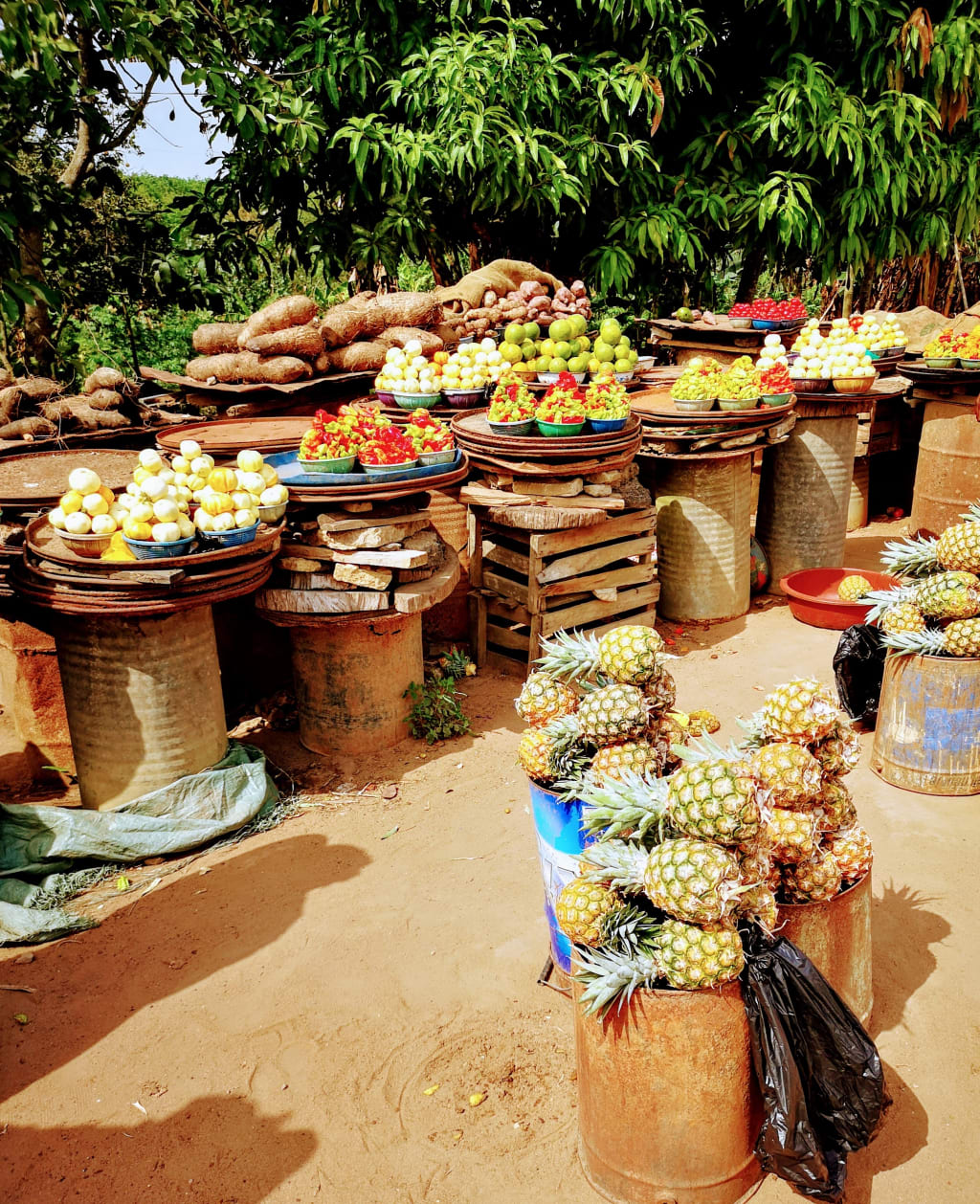Plant-Based Diets:
A Comprehensive Guide to Going Vegan

In recent years, plant-based diets have gained significant popularity, and for good reason. Not only are they better for the environment, but they also offer numerous health benefits. If you're considering transitioning to a vegan lifestyle, this comprehensive guide will provide you with the information, inspiration, and practical tips you need to embark on your plant-based journey.
Why Go Vegan?
Choosing a plant-based lifestyle goes beyond just dietary preferences. It is a conscious decision to protect the environment, promote animal welfare, and improve your overall health. By eliminating animal products from your diet, you reduce your carbon footprint, save precious water resources, and contribute to the fight against climate change. Additionally, adopting a vegan diet can reduce the risk of chronic diseases such as heart disease, diabetes, and certain types of cancer.
Getting Started: A Step-by-Step Approach
1. Educate Yourself: Before diving into a vegan lifestyle, it's essential to educate yourself about plant-based nutrition. Learn about the nutrients your body needs and how to obtain them from vegan sources. Familiarize yourself with plant-based protein sources, such as legumes, tofu, tempeh, and quinoa. Understand the importance of vitamin B12 supplementation and how to ensure you meet your daily requirements.
2. Gradual Transition: Transitioning to a vegan diet doesn't have to happen overnight. Start by incorporating more plant-based meals into your current diet. Experiment with new recipes and gradually reduce your consumption of animal products. This approach allows your taste buds and digestive system to adjust to the change more comfortably.
3. Meal Planning: Meal planning is key to a successful transition. Take time each week to plan your meals and create a grocery list. Look for vegan recipes that are both delicious and easy to prepare. Explore a wide variety of fruits, vegetables, grains, and legumes to add diversity and excitement to your plate.
4. Stock Your Pantry: Ensure your pantry is well-stocked with plant-based essentials. This includes a variety of whole grains like quinoa, brown rice, and oats, as well as legumes such as lentils, chickpeas, and black beans. Don't forget to include a range of herbs, spices, and condiments to add flavor to your dishes.
5. Explore Plant-Based Alternatives: One of the most exciting aspects of transitioning to a vegan lifestyle is discovering plant-based alternatives to your favorite animal products. Experiment with dairy-free milk options like almond, soy, or oat milk. Try vegan cheese, plant-based yogurts, and meat substitutes made from tofu, tempeh, seitan, or jackfruit. The market is continually expanding, offering a wide array of delicious and cruelty-free options.
6. Embrace Whole Foods: While vegan alternatives can be convenient and delicious, don't forget to focus on whole, unprocessed foods. Embrace the beauty of fresh fruits and vegetables, whole grains, nuts, and seeds. These foods provide a plethora of vitamins, minerals, and antioxidants that nourish your body and support your overall well-being.
7. Seek Support: Embarking on a plant-based journey can be both exciting and challenging. Seek support from friends, family, or online vegan communities. Connect with like-minded individuals who can provide guidance, share recipes, and offer encouragement along the way. Remember, you're not alone in this journey.
Maintaining a Balanced Vegan Diet
A balanced vegan diet should include a variety of foods to ensure you meet all your nutritional needs. Here are key nutrients to pay attention to:
• Protein: Contrary to popular belief, it is entirely possible to meet your protein needs on a plant-based diet. Include a variety of protein-rich foods such as legumes, tofu, tempeh, seitan, edamame, quinoa, and hemp seeds. These sources will provide you with all the essential amino acids your body requires.
• Calcium: Calcium is crucial for maintaining healthy bones and teeth. Include calcium-rich foods such as leafy greens (kale, collard greens, broccoli), fortified plant-based milk, tofu, almonds, and sesame seeds in your diet.
• Iron: Iron is necessary for healthy blood production. Incorporate iron-rich plant-based foods like spinach, lentils, chickpeas, quinoa, pumpkin seeds, and dried fruits into your meals. Pairing iron-rich foods with vitamin C sources, such as citrus fruits or bell peppers, enhances iron absorption.
• Vitamin B12: Vitamin B12 is primarily found in animal products, so it's important to supplement your vegan diet with a reliable source of B12. Look for fortified foods or consider taking a B12 supplement to ensure adequate levels of this essential nutrient.
• Omega-3 Fatty Acids: Omega-3 fatty acids play a crucial role in brain health and inflammation reduction. Include plant-based sources such as flaxseeds, chia seeds, walnuts, hemp seeds, and algae-based supplements to meet your omega-3 needs.
Hints to Staying Inspired and Engaged
• Discover New Recipes: Explore the abundance of vegan recipe blogs, cookbooks, and online platforms available. Experiment with different cuisines, flavors, and cooking techniques. Make it a fun and creative adventure in the kitchen. Trying new recipes will keep you excited and engaged throughout your vegan journey.
• Connect with the Community: Attend vegan events, potlucks, and local vegan meet-ups to connect with fellow vegans in your area. Engage in discussions, share experiences, and learn from others. The sense of community will help you stay inspired and motivated on your vegan path.
• Stay Informed: Keep yourself updated on the latest developments in the vegan movement. Read books, watch documentaries, and follow vegan influencers and experts on social media. Staying informed will deepen your understanding of the ethical, environmental, and health benefits of a plant-based lifestyle.
• Be Kind to Yourself: Remember, transitioning to a vegan lifestyle is a process, and it's okay to make mistakes along the way. Be kind to yourself and celebrate the progress you've made. Focus on the positive impact you're creating in the world and let that inspire you to keep moving forward.
Conclusion
Transitioning to a plant-based lifestyle is a powerful choice that benefits not only your health but also the planet and animal welfare. With the right knowledge, support, and inspiration, you can embark on a fulfilling and sustainable vegan journey. Start by taking small steps, gradually introducing more plant-based foods into your diet and exploring the wide array of vegan options available. Remember, every meal is an opportunity to make a positive impact on your well-being and the world around you. Embrace the journey, stay inspired, and savor the joy of nourishing yourself with compassion and delicious plant-based foods.





Comments
There are no comments for this story
Be the first to respond and start the conversation.